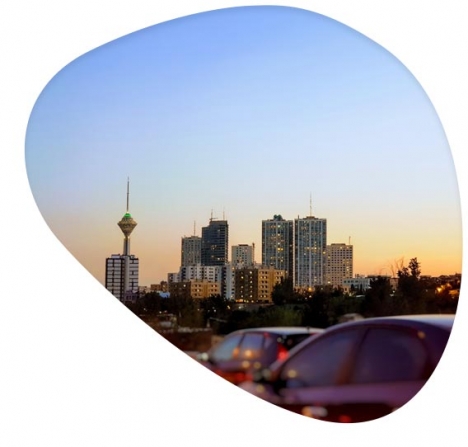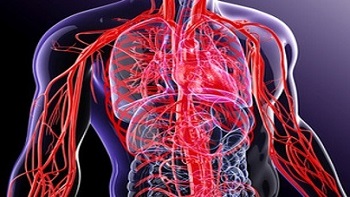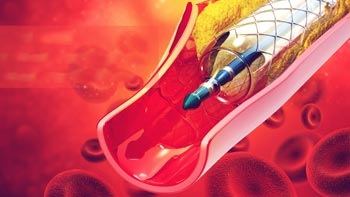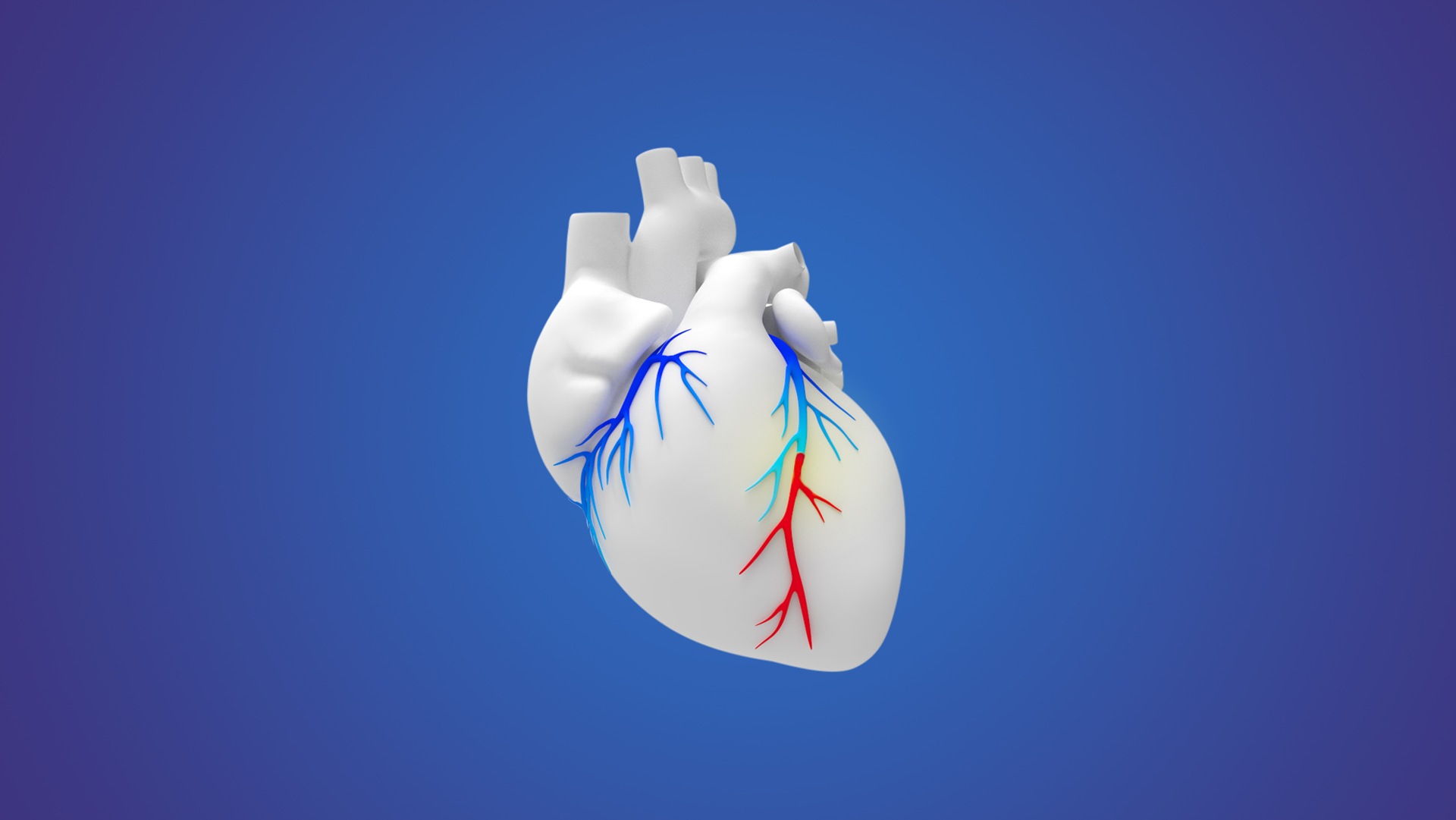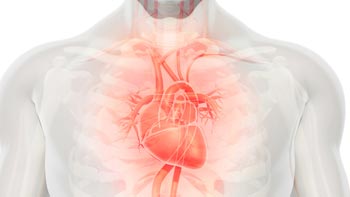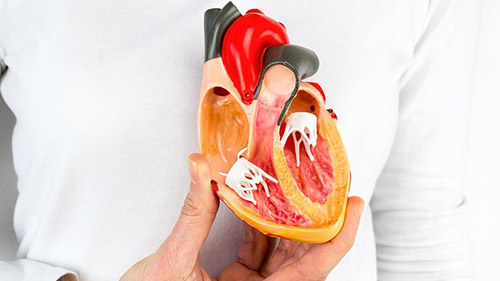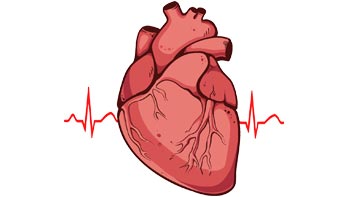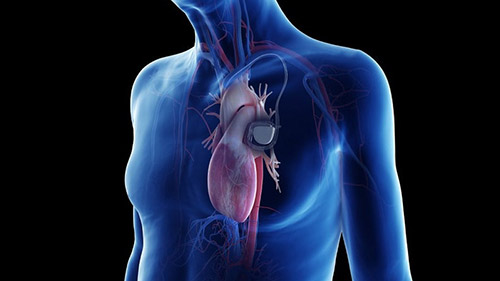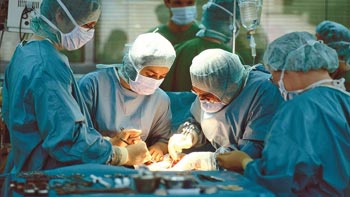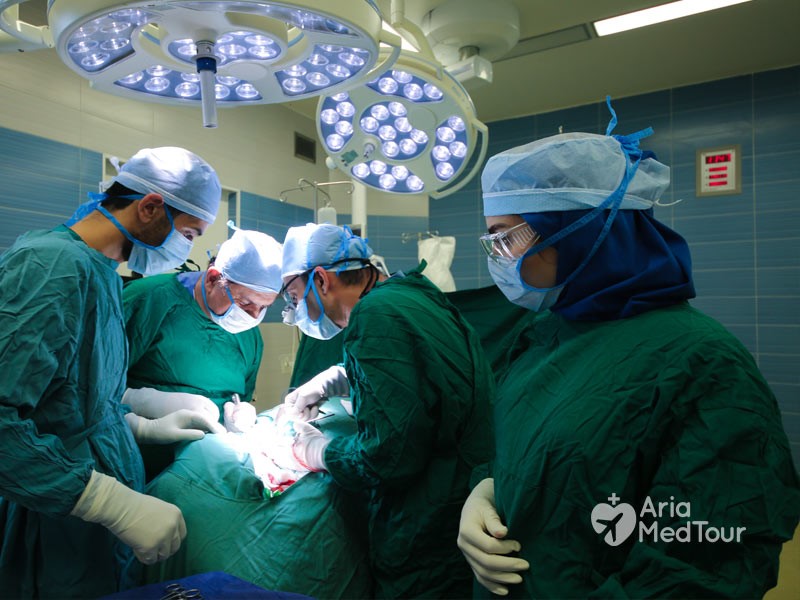Open-heart surgery in Iran
Heart surgery or cardiac surgery is any surgical procedure aimed at correcting heart disease, including problems in the heart valves, arteries, blood flow, etc. Although new technologies help surgeons operate on patients’ hearts without cutting the chest open in some cases, many hearts problems still require opening the chest for corrections. This type of cardiac surgery is commonly known as open-heart surgery or traditional heart surgery.
Open heart surgery is a widely performed operation in Iran. Each year, 30,000 to 40,000 open-heart surgeries are performed in Iran. Almost all types of open heart surgery are performed in Iran, including but not limited to the following:
- Coronary artery bypass grafting (CABG)
- Heart valve repair and heart valve replacement
- Mitral valve stenosis repair
- Aortic aneurysm
- Arrhythmia correction
- Heart transplant
Cost of open heart surgery in Iran
Prices for open heart surgery in Iran vary depending on the type of procedure and other factors, but one thing is for sure: open-heart surgery costs one-fourth to one-tenth of the money you would have to fork out in, say, the U.S. or Australia.
The low cost of open heart surgery in Iran does not mean that the effectiveness or safety of the procedures is low. There are a lot of factors, mostly economic, that determine the prices of medical services, and open-heart surgery in Iran is no exception.
How to arrange an open heart surgery in Iran?
At AriaMedTour, we take all the hassle out of your travel and heart surgery arrangements. The first step is to contact us and explain your problem and the surgery you need. Our expert consultants will guide you through all the process of traveling to Iran and undergoing open-heart surgery.
Preparing for open-heart surgery
You need to inform your doctor about any medicines you are currently taking, your past treatments, and other health conditions you may have beside your heart disease. Your doctor may ask you to stop taking certain drugs, including blood-thinning medications like aspirin, naproxen, and ibuprofen. He/she also may recommend you to quit smoking and drinking a few weeks before surgery.
If you are traveling to Iran for open heart surgery through AriaMedTour, necessary instructions are provided to you by your personal coordinator a few weeks prior to your appointment. As soon as you arrive in Iran, one of our interpreters (medguides) will pick you up from the airport and take you to the hotel. Then, according to your pre-arranged schedule, you will be taken to the doctor’s office for a pre-op consultation, where your doctor will give you instructions and may ask that you undergo certain tests and imaging procedures.
Your doctor may ask you to wash your body with a special soap the day before surgery. This soap is intended to disinfect your skin and lower the chance of an infection after the operation. Also, you may be asked not to drink or eat anything after the midnight before surgery.
How is open heart surgery performed?
Open-heart surgery is carried out under general anesthesia, which means that you will be put to sleep so that not to feel anything while the operation is being performed. After the anesthetist administers the anesthetic drugs and they take effect, the surgeon cut your chest open to access the heart and operate on it.
Depending on the type of surgery, a heart-lung machine may be used to take over the function of the heart and lungs while the surgery is being done. Also known as pump-oxygenator or cardiopulmonary bypass machine, this device is usually used for heart bypass surgery to maintain the blood circulation of the body because the heart needs to be temporarily stopped during the operation.
An open heart surgery may take between 2 and 6 hours. Depending on the type of surgery and your overall health, you will need to stay in the hospital for 1-3 weeks after surgery, including at least one day in the intensive Care Unit (ICU). During the hospital stay, the nursing team regularly monitor your health to make sure that you are properly recovering from the surgery. They check on you for the following:
- Pain control
- Stable vital signs
- Stable weight
- Drains, lines, and catheters
What to expect after open heart surgery?
After your cardiac surgeon is finished with the operation, he/she closes the incision and stitches it up with sutures. Then he/she places bandages and dressing over the surgical area. When the anesthetic wears off, you will wake up to tubes attached to your chest, which are used to drain excess fluid from the chest area. There might also be intravenous lines in your arm for supplying fluid and painkiller to your body, as well as a thin tube (catheter) for removing urine from your bladder. Some machines also will be attached to your body to monitor your heart.
Typically, you will spend the first night or two in the ICU and then you will be moved to a regular care room for the next days you need to stay in the hospital.
Open-heart surgery recovery
Open heart surgery is a major operation that involves a lengthy recovery. Generally, it takes 4-6 weeks for open-heart surgery patients to recover from the surgery to an extent that they can resume their normal activities and get back to work. If your job requires strenuous physical labor, you may need to take more weeks off.
During the first week after surgery, you may feel tired and enervated, but you will regain strength as time passes. Make sure to have some light physical activity, such as taking brief walks daily. Following the instructions of your surgeon is crucial for fast recovery after heart surgery.
A physiotherapist will instruct you about certain things, including how to stand up from a chair or bed. You shouldn’t use your arms to push up your arms, instead, press down your legs to stand up.
Incisional care is the most important aspect of recovery after open heart surgery. Most instructions given by your doctor are intended for proper healing of the chest incision and the breastbone. He/she may ask you to refrain from driving, and lifting, pushing or pulling anything heavier than 5 kilos.
Your incision should be kept dry and warm and you should wash your hands before touching it to prevent infection. You can take a shower if there is no drainage from the incision and it is healing properly. The shower should be brief and with warm (not hot) water. You need to check on the incision regularly to make sure there are no signs of infection, which include redness or warmth around the incision, increased oozing and drainage, opening, and fever.
Pain management after open heart surgery also is of great importance. Muscle pain, throat pain, pain from chest tubes and at the incisional sites are normal after open-heart surgery. Your doctor will prescribe you a course of pain medications for your recovery period. Make sure to take painkillers as prescribed by your doctor.
Getting enough rest during the recovery is important for a fast recovery. If you have trouble sleeping due to pain, take the painkillers half an hour before going to bed, refrain from caffeine (especially in the evenings), and use a pillow against your chest to decrease muscle strain.
Finally, taking part in a rehabilitation program can help you to have a better recovery. These programs often include stress and depression management, exercising, and reducing risk factors. They are typically done on an outpatient basis and require several visits a week.
What are the risks and complications of open heart surgery?
There are potential risks in open heart surgery. They include:
- Wound infection, which is more common in obese and diabetic patients and those with previous heart bypass surgery
- Lung or kidney failure
- Heart attack or stroke
- Irregular heartbeat
- Blood clot
- Pneumonia
- Blood loss
- Fuzziness
Minimally-invasive heart surgery in Iran
Minimally-invasive cardiac surgery or MICS is increasingly gaining ground in Iran. This procedure is performed through small incisions made in the right side of the chest between the ribs, and unlike open-heart surgery, it doesn’t require making a large incision. The advantages of minimally-invasive heart surgery over open-heart surgery are:
- Shorter recovery and faster healing
- Less pain and discomfort after surgery
- Less visible scar after surgery
- Lower chance of infection
- Possible for patients who are not considered good candidates for open heart surgery due to age or health issues
However, minimally-invasive cardiac surgery might not be a good option for all patients or all problems. The following procedures can be performed using the minimally-invasive technique:
- Heart valve surgery (repair or replacement)
- Aortic valve surgery
- Atrial septal defect (ASD) surgery
- Atrioventricular canal defect (also known as atrioventricular septal defect) surgery
- Artery coronary bypass surgery (CABG) (including “off-pump” bypass surgery, which is performed without stopping the heart and use of cardiopulmonary bypass machine)
- Saphenous vein harvest (removing a vein from your leg) for coronary bypass surgery
- Tricuspid valve surgery
- Maze heart surgery to treat atrial fibrillation


